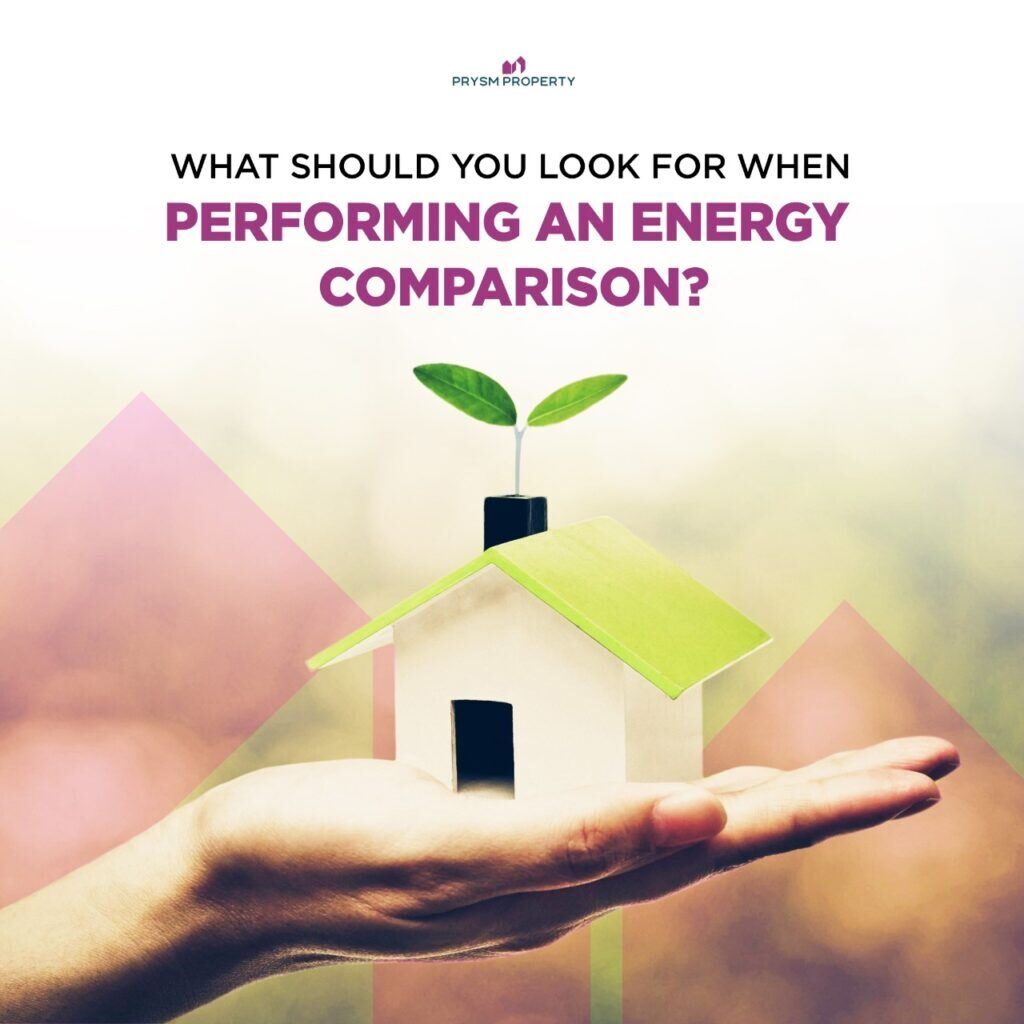If you wish to save money on your bills, comparing energy suppliers can help, particularly if you are planning to switch to a new energy deal.
While making an energy comparison, there are several options to consider. Here we present the most significant options that determine the structure of an energy plan:
Type of Price Plan
There are two types of price plans:
● Fixed-Price Plan
● Variable-Price Plan
Fixed-Price Plans
In a fixed-price energy plan, the price per unit of energy stays fixed until the end of your contract which usually lasts between 12 to 24 months. These tariffs are the best way to lock your energy bills and keep yourself safe from the fluctuating energy market if the price per unit goes up.
Pros of Fixed-Price Plan
● Fixed-price deals are often cheaper than variable-rate tariffs
● These plans protect you from price hikes
● You can control your monthly spending with fixed-price plans
Cons of Fixed-Price Plan
● You can’t avail the pricing in a falling energy market
● You have to pay exit fees if you change your mind
● You need to act before the deal ends
Variable-Price Plans
In variable energy plans, the per-unit energy price is subject to change. This implies that your energy bill may go up or down.
Pros of Variable-Price Plan
● You can benefit from a drop in energy prices
● No exit fees or cancellations charges
● You can easily switch energy providers
Cons of Variable-Price Plan
● No long-term security in pricing
● Often more expensive than fixed-rate tariffs.
Single- Or Dual-Fuel Plans
If you use either electricity or gas, then you should go for a single-fuel plan. Dual-fuel plans are aimed at those who use both electricity and gas.
Following suppliers offer single-fuel deals on either gas or electricity, including:
● ScottishPower
● British Gas
● SSE
● Bristol Energy
● SO Energy
● ON
Exit Fees
Some fixed-price energy plans add exit fees to guard against customers leaving the fixed-price plans early in event of a decrease in energy prices. Most of the variable-price plans don’t come with exit fees.
Payment Methods
While making an energy comparison you can choose the payment method that suits you best out of the following:
● Direct debit monthly
● Bill payment using a card (debit or credit) or a cheque
● Topping up a prepayment meter in advance
Green Or Eco Energy
You can opt for green or eco energy suppliers too since several energy providers are increasingly moving towards green energy sources.
Considering the above-mentioned factors while performing an energy comparison will help to secure a budget-friendly deal. Always check the energy performance certificate of the property before buying to evaluate its energy efficiency and estimated bills you will be paying.


